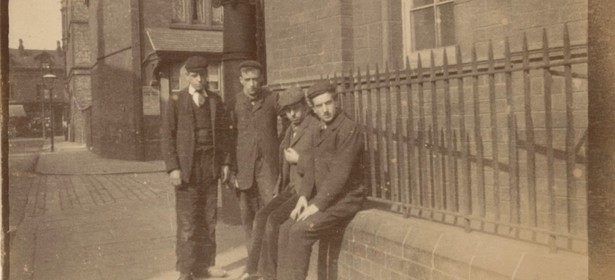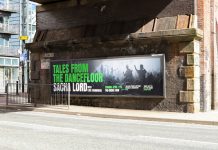A Greater Manchester youth work charity and member of Greater Manchester Chamber of Commerce is celebrating 110 years of service to young people in the most deprived communities.
Whilst many people will have heard of Salford Lads Club or Bolton Lads & Girls Club, it is unlikely that many people will have heard of the Boys & Girls Clubs of Greater Manchester, who serve 5,000 young people and 500 volunteers, in 30 voluntary youth clubs and projects.
The organisation was officially founded in 1907 when a number of Boys Clubs came to together to help bring young people together to take part in friendly competition and leader training.
The original clubs, however, were in existence as early as the mid-1800’s. Many started out life as Ragged Schools and Lads Clubs, set up as places of education as well as education.
In many of Manchester and Salford’s most deprived communities, young lads had formed what became known as Scuttling Gangs. They were causing huge problems in many communities with as many as 300/400 lads engaging in pitch battles on street corners and in local parks.
It was decided that something must be done about the problem and the Lads Clubs movement was started. Gang members had the option of going to prison or joining the local Lads Club, where they were expected to engage with a programme of education (reading, writing and maths etc) and learn some work skills. After this they were then allowed to take part in the club’s recreational activities. Soon the clubs developed links with local businesses who were happy to provide long term stable employment for those who had completed their education at the local club.
Today, the ethos of the Boys & Girls Clubs is very similar. They still work in the most deprived communities and provide positive activities that young people can take part in. They offer leadership training to young people and adults as well training, support and advice for volunteers at local youth clubs and projects.
There is a growing body of evidence that suggests they services the offer bring many benefits to local communities and people by improving physical and emotional health and increasing educational engagement and attainment, helping to make young people more employable. The same research also suggests that positive activities in local clubs helps to reduce crime and anti-social behaviour and helps to save the public upwards of £4,000 per person, per year as they progress to adulthood.
Andy Hamill, Secretary of the charity says, “We and our members are always in need of help. That can take the form of money, but also skills and time. We need volunteers, trustees, committee members and practical skills such as business planning, PR and marketing support and much more.”
He continues, “Our movement was started as a partnership between local communities and local businesses. With local authorities having less and less funding available to support local youth clubs, it is vital that those partnerships and links are forged once again, in order to ensure that our most vulnerable young people have somewhere safe and exciting to go during their spare time, and where they can learn important life skills that will make them better employees.”







